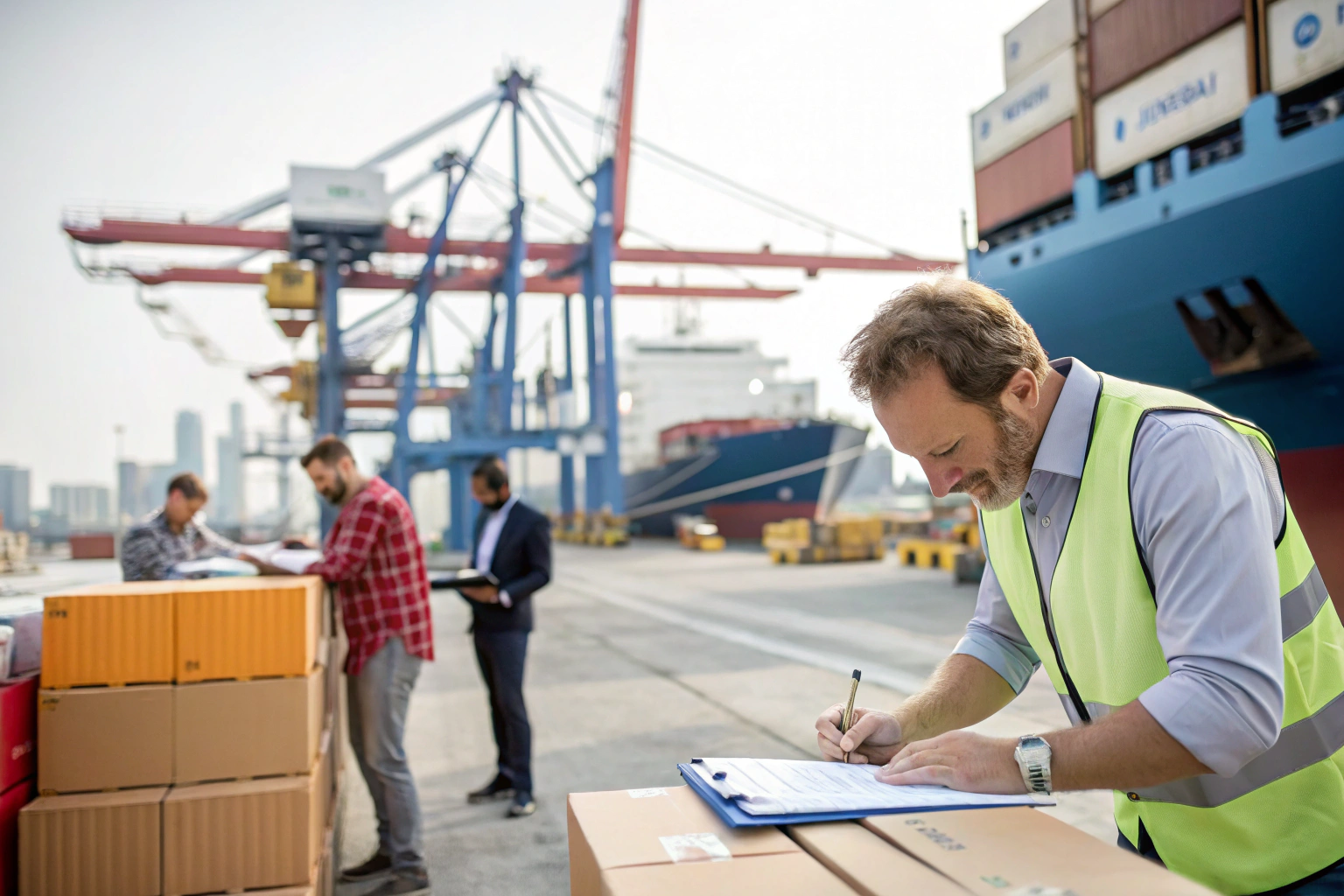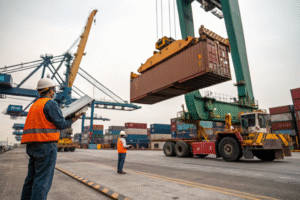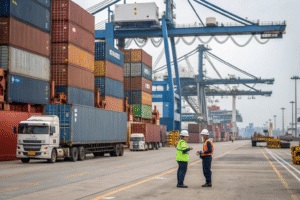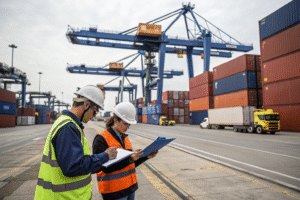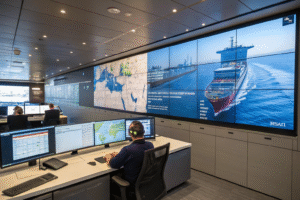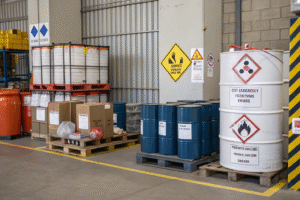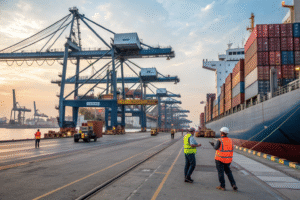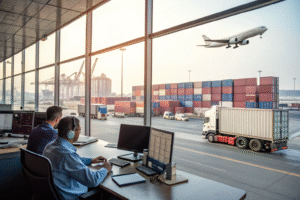International trade presents countless complexities that can overwhelm even experienced businesses. From customs regulations to transportation coordination, the challenges seem endless. Many companies attempting to manage global logistics independently find themselves facing unexpected costs, delays, and compliance issues. This is where professional freight forwarding becomes not just helpful, but essential for success.
Freight forwarding is critical to international trade because it provides expert navigation of complex customs procedures, ensures regulatory compliance, optimizes transportation costs, and manages multi-carrier coordination. These specialized services enable businesses to focus on their core operations while experts handle the intricate details of global logistics.
Let's explore the specific ways freight forwarders create value in international trade and why their role has become indispensable in our interconnected global economy.
How do freight forwarders simplify complex customs procedures?
Customs clearance represents one of the most daunting aspects of international trade. Each country has unique regulations, documentation requirements, and compliance standards. Mistakes can lead to severe penalties, shipment seizures, or lengthy delays. Freight forwarders specialize in navigating this complexity efficiently.
We manage the complete customs clearance process, including accurate HS code classification, duty and tax calculation, document preparation, and submission to authorities. Our expertise in customs regulations across different countries ensures your shipments comply with all import and export requirements. This knowledge is particularly valuable for businesses trading in multiple markets, where regulations can vary significantly between trading partners.
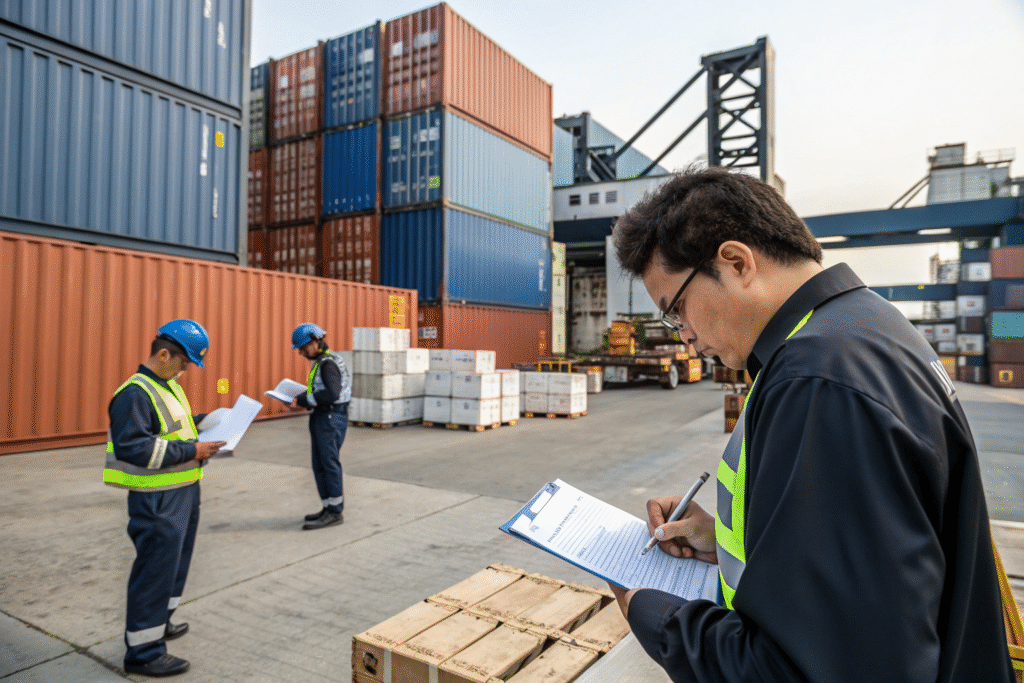
What specific customs documents do forwarders handle?
The documentation requirements for international shipping are extensive and vary by country and commodity. Key documents we manage include:
- Commercial invoices and packing lists
- Certificates of origin for duty preference programs
- Bill of lading or air waybill preparation
- Export declarations and import permits
- Dangerous goods declarations when required
Proper documentation ensures smooth customs processing and prevents costly delays at borders. Our systematic approach to document management eliminates the confusion that often plagues businesses handling their own international shipping.
How do forwarders stay current with changing regulations?
International trade regulations change constantly due to geopolitical developments, trade agreements, and security concerns. We maintain dedicated compliance teams that:
- Monitor regulatory updates across all our service countries
- Implement process changes immediately when requirements evolve
- Provide client advisories about significant regulatory shifts
- Conduct internal training to ensure all staff remain current
- Maintain relationships with customs authorities worldwide
This proactive approach to regulatory compliance protects our clients from unexpected compliance issues that could disrupt their supply chains.
How does freight forwarding optimize transportation costs?
Logistics expenses represent a significant portion of the total cost for internationally traded goods. Without expert management, these costs can spiral out of control due to inefficient routing, poor carrier selection, or hidden charges. Freight forwarders bring economies of scale and expertise that individual businesses cannot match.
We negotiate preferential rates with carriers due to our substantial shipping volumes across multiple clients. Our route optimization capabilities identify the most cost-effective transportation combinations, whether that involves multi-modal solutions, consolidation services, or strategic carrier selection. This analytical approach typically reduces transportation costs by 15-30% compared to businesses arranging their own shipping.
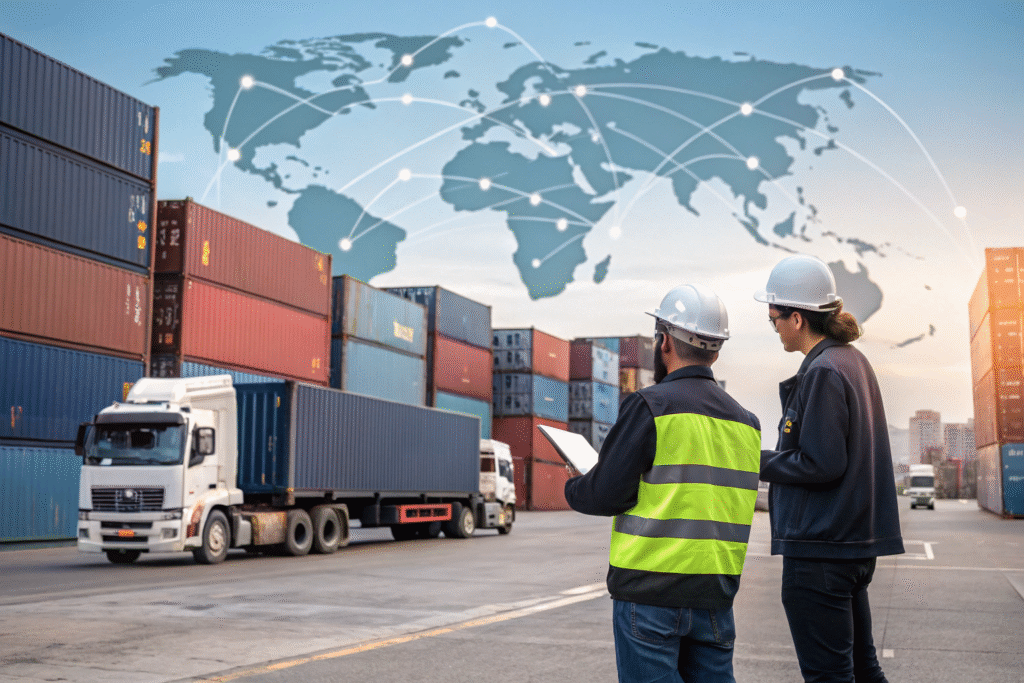
What cost-saving strategies do forwarders implement?
Professional freight forwarders employ multiple strategies to control and reduce logistics costs:
- Consolidation services that combine smaller shipments into full container loads
- Mode optimization selecting the most cost-effective transportation method
- Carrier negotiation leveraging volume across multiple clients
- Incidental cost management minimizing detention, demurrage, and accessorial charges
- Supply chain analysis identifying inefficiencies and improvement opportunities
These strategies work together to create a more efficient and cost-effective logistics operation.
How does technology contribute to cost optimization?
Modern freight forwarding relies on sophisticated technology platforms that provide:
- Rate benchmarking across multiple carriers and lanes
- Spend analytics identifying cost patterns and outliers
- Automated procurement ensuring competitive pricing
- Invoice auditing catching billing errors and overcharges
- Performance analytics linking carrier performance to costs
These technological capabilities transform cost management from reactive to strategic, creating sustained savings rather than one-time reductions.
How do forwarders manage supply chain risk and reliability?
Global supply chains face numerous risks including transportation delays, capacity shortages, regulatory changes, natural disasters, and security threats. These uncertainties can disrupt operations and impact customer satisfaction. Freight forwarders provide the expertise and resources to mitigate these risks effectively.
We implement comprehensive risk management strategies including carrier diversification, contingency planning, cargo insurance, security protocols, and real-time monitoring. Our established relationships with multiple carriers across different modes ensure we can secure capacity even during peak seasons or disruptions. This reliability is crucial for businesses that depend on consistent supply chain performance.
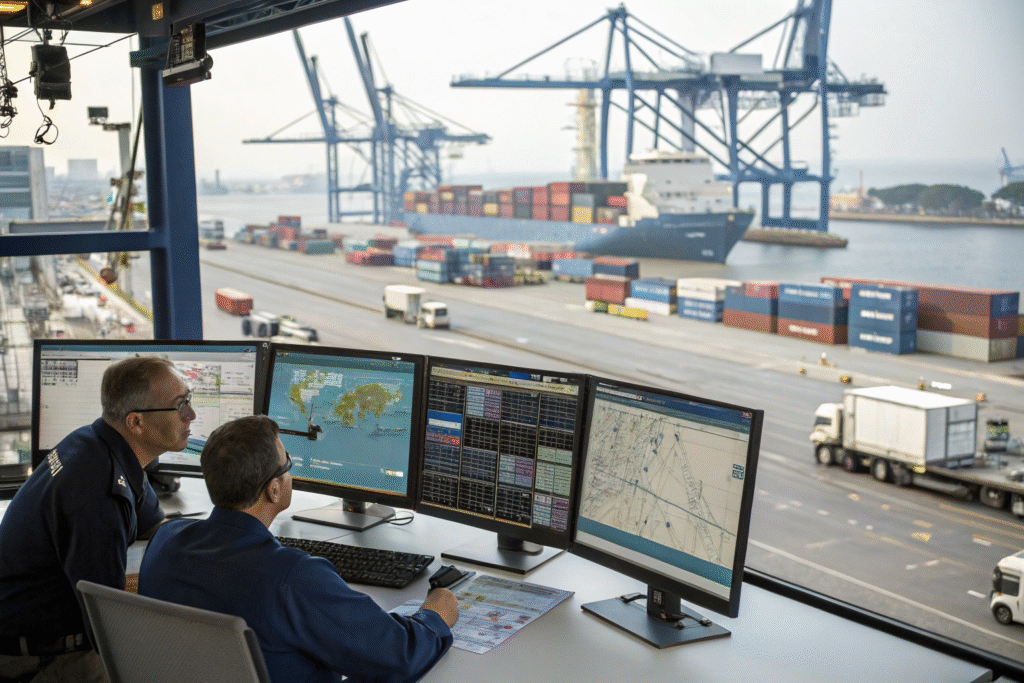
What contingency planning do forwarders provide?
Effective contingency planning involves:
- Alternative routing options for different disruption scenarios
- Multi-carrier strategies preventing dependency on single providers
- Buffer capacity arrangements for peak demand periods
- Emergency response protocols for immediate implementation
- Communication plans keeping all stakeholders informed during disruptions
This structured approach to contingency planning minimizes the impact of unexpected events on your supply chain.
How do forwarders enhance supply chain visibility?
Modern forwarding services provide comprehensive visibility through:
- Real-time tracking across all transportation modes
- Exception alerts for delays or problems
- Performance dashboards showing key metrics
- Document management providing centralized access
- Analytical reporting identifying trends and opportunities
This visibility enables proactive management rather than reactive response, transforming how businesses control their international logistics.
How does freight forwarding support business growth and expansion?
As businesses expand into new international markets, their logistics requirements become increasingly complex. Without expert guidance, companies often struggle with the operational challenges of global growth. Freight forwarders provide the infrastructure and expertise that support successful international expansion.
We offer scalable solutions that grow with your business, market-specific knowledge for new territories, established networks of reliable partners, and strategic advice based on extensive cross-border experience. This support system enables businesses to enter new markets confidently, knowing their logistics foundation is secure and professional.
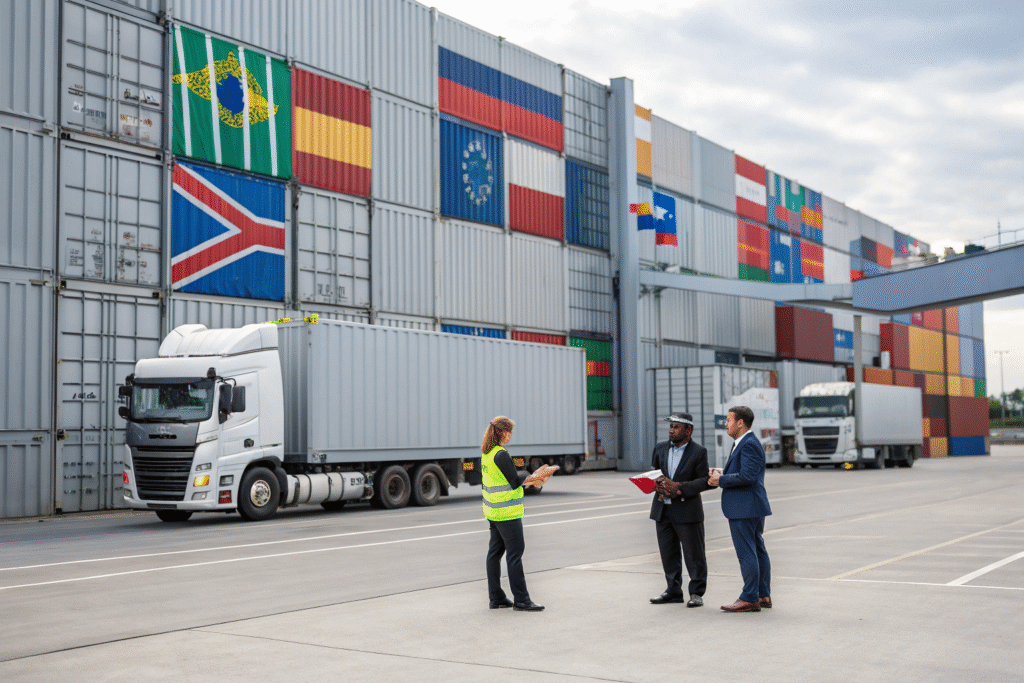
What strategic value do forwarders provide beyond transportation?
Beyond moving goods, forwarders deliver strategic advantages including:
- Market intelligence about logistics infrastructure in new regions
- Regulatory guidance for compliance in unfamiliar markets
- Network development connecting businesses with reliable partners
- Process optimization streamlining international operations
- Technology integration providing tools for global trade management
These strategic services create competitive advantages that extend far beyond basic transportation cost savings.
How do forwarders adapt to changing business needs?
Successful freight forwarders maintain the flexibility to adapt to evolving client requirements through:
- Service customization tailoring solutions to specific business models
- Scalable resources adjusting capacity based on client growth
- Continuous innovation incorporating new technologies and approaches
- Strategic consulting helping clients optimize their global trade strategies
- Relationship management ensuring alignment with client business objectives
This adaptive capability ensures the forwarding relationship continues delivering value as business needs evolve.
Conclusion
Freight forwarding has evolved from a simple transportation service to an essential strategic partner in international trade. The complexities of global logistics demand specialized expertise, established networks, and sophisticated technology that only professional forwarders can provide. By ensuring regulatory compliance, optimizing costs, managing risks, and supporting business growth, freight forwarders enable companies to compete effectively in global markets while focusing on their core business activities. In today's interconnected world, partnering with a capable freight forwarder isn't just convenient—it's a strategic necessity for international business success.
